Lifelong learning: Nostalgia in the World Today
Lifelong learning about the world began with my study abroad experiences in Prague and Moscow as a college student. Ever since those defining moments so many years ago, I relish any opportunity to travel and immerse myself in world cultures. My travels in the fall of 2016 highlighted today’s right wing populist political movements, which are on the rise in the world, manifesting themselves as nostalgia for the past.
In September, I took a fall pilgrimage hike through eastern Germany. The ostensible purpose of the hiking tour was to experience the Lutherweg (Luther’s Path). The Lutherweg celebrates the 500th anniversary of the places and people in Martin Luther’s life. Luther, the Augustinian monk who rejected the Roman Catholic Church practice of selling indulgences, is noteworthy as the premier leader of the Protestant Reformation. I was part of a threesome of wanderwomen: one American and two Germans, plus a bilingual dog!

On the pilgrimage trail
Our journey took us through the German cities and towns of Wittenberg, Leipzig, Altenburg, Borna, and Kohren-Sahlis before returning to Leipzig. We hiked to and from Altenburg, a journey that took about three days of walking approximately 18 miles a day.

The pilgrimage focused on Thuringia and Saxony in the heart of eastern Germany, important areas of German history and culture
Because the pilgrimage trail highlighted cities and villages important in Luther’s life, I thought the major insight of the journey would be the preacher’s impact on modern history. And, indeed, I did make many new discoveries about German culture and history.
But what I really discovered was the durability of ideas, social practices, and outdated economics that distract us from seizing new opportunities and solving problems in the world today. So many people in Europe and the United States feel left behind and angry. Their response is to wish for the past — a past that probably never existed.

The trail took us through small villages via bucolic pathways
The Lutherweg is almost entirely in the former GDR (German Democratic Republic), and the people we met there expressed their fears and frustrations about the future. Not unlike many supporters of Donald Trump in the United States, significant numbers of eastern Germans feel economically obsolete. They, like many Americans, resent the perceived condescension of elites. The eastern Germans call it “western German snootiness”. And that condescension still does exist, according to my western German hiking friends.

Part of the pilgrimage path
Many eastern Germans with whom we spoke are supporters of the AfD (Alternative für Deutschland), a right wing populist party. Led by Dr. Frauke Petry, the AfD preaches economic isolation, rejects immigration, and questions cultural and ethnic diversity. As we learned about eastern German frustrations and hopes, I compared their values and attitudes to the current political divisiveness in my own country.
The eastern Germans shared stories of nostalgia for the GDR — the days of full employment, care from cradle to grave, and a collective identity. These narratives appeared to have deep emotional resonance even though surveys show that eastern Germans are pleased with life since unification (some 25 years ago). Like some Trump supporters in the United States, they seemed intent on protecting the past from the future.

I saw the “anarchist” symbol many times in both Thuringia and Saxony

Not all support the AfD in east Germany as illustrated in the vandalism of an AfD office in Borna
There were signs of political discontent all along the bucolic pilgrimage pathways, — from neo-Nazi signs to GDR flags raised high and proud. People spoke of life with no meaning. They mourned the loss of jobs to Germans and migrants in the more agriculturally mechanized and technologically advanced western portions of the country.

Neo-nazis — for or against?

Raise the flag — of nostalgia
Arthur C. Brooks correlates such economic displacement with right wing populist political movements.
In an article in The European Economic Review, German economists look at the effect of financial crises on politics, reviewing 800 elections over 140 years across 20 advanced economies. They found that, after a financial crisis, nationalistic populist parties and politicians, using language that often attributes blame to minorities and foreigners, typically increase their vote share by about 30 percent. There is no such effect after ordinary recessions.
Our hike throughout eastern German was an exercise in lifelong learning. The more we learned about people by actually talking with them, the more we replaced bias with empathy. Furthermore, the tremendous kindness and helpfulness of the people we met along the pilgrimage path taught us lessons that we could have never anticipated in studying Luther and the Reformation. I will share some of those stories in another blog.

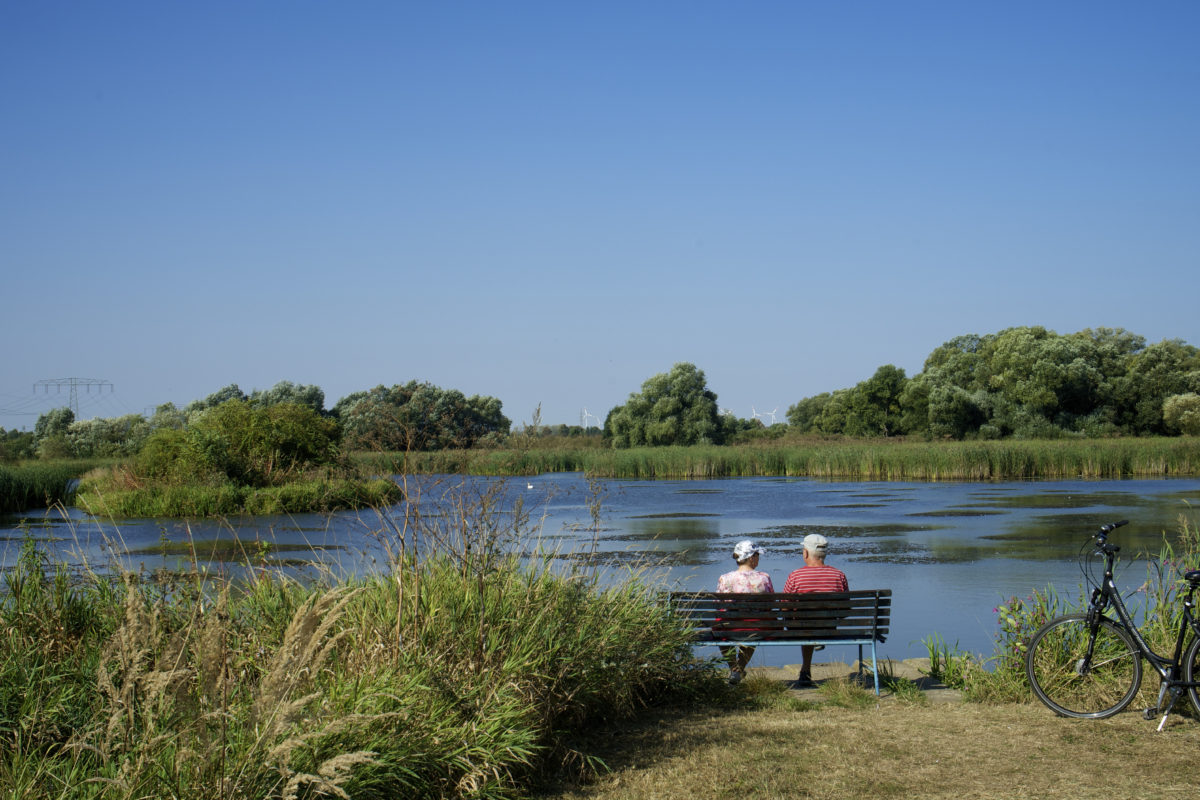
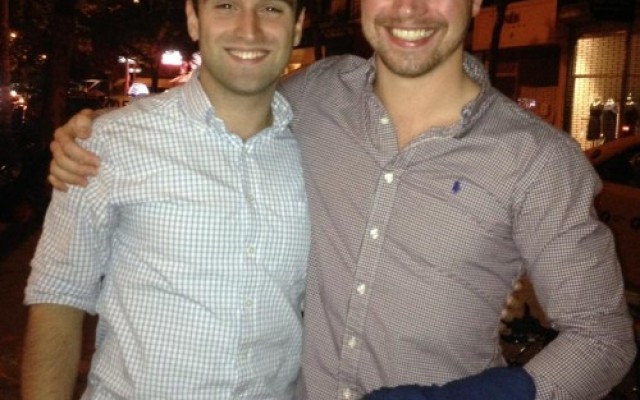
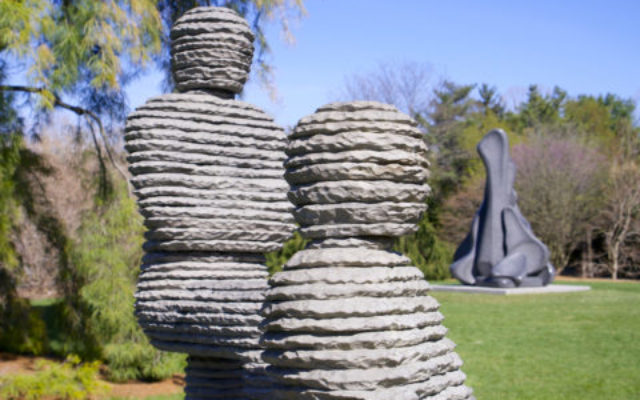
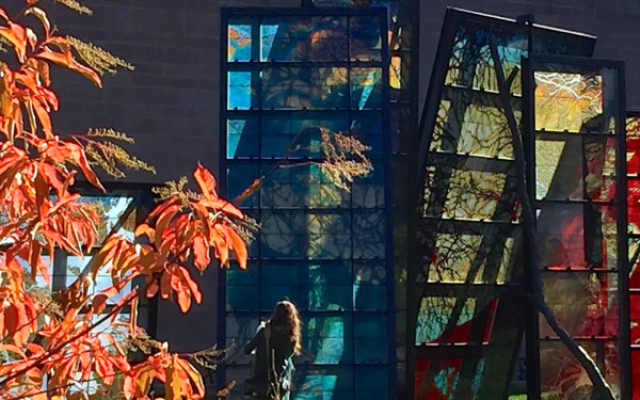
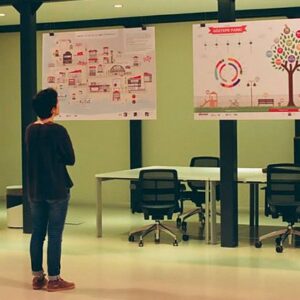
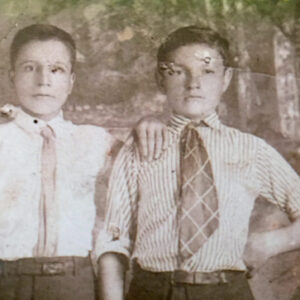
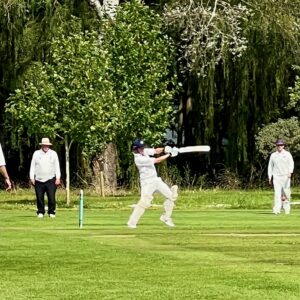
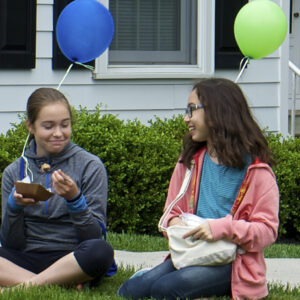

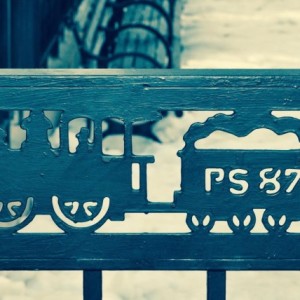
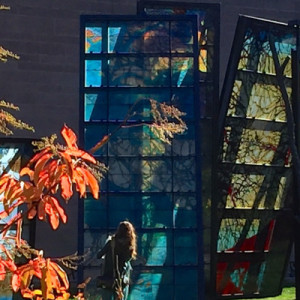
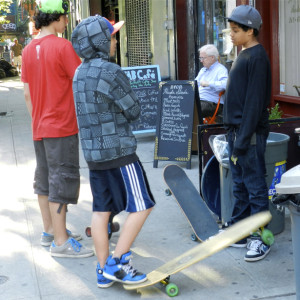
No Comments Yet!
You can be first to comment this post!